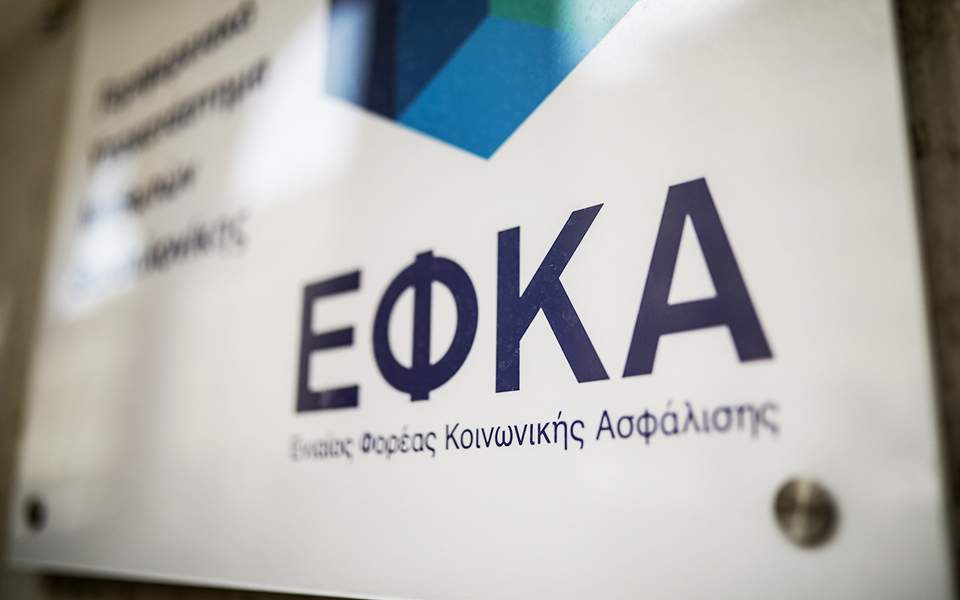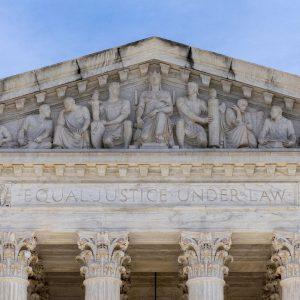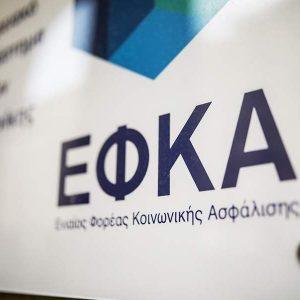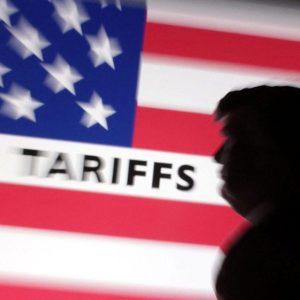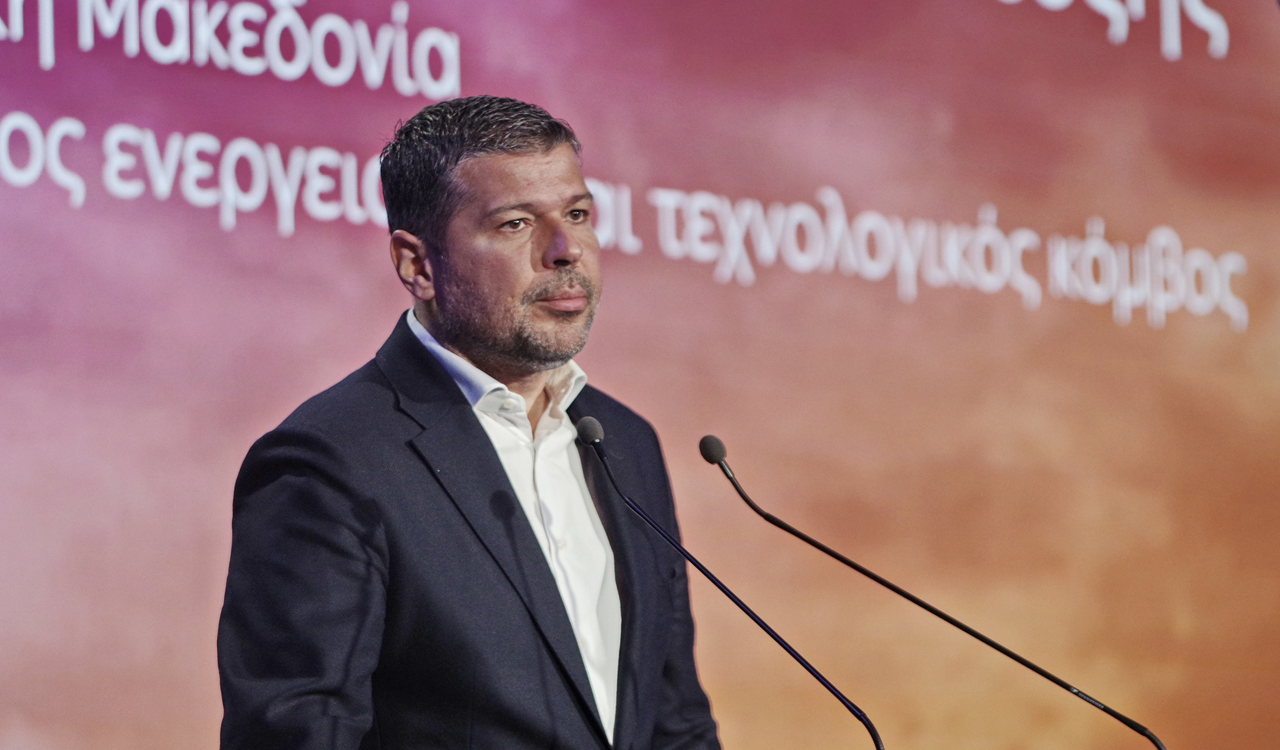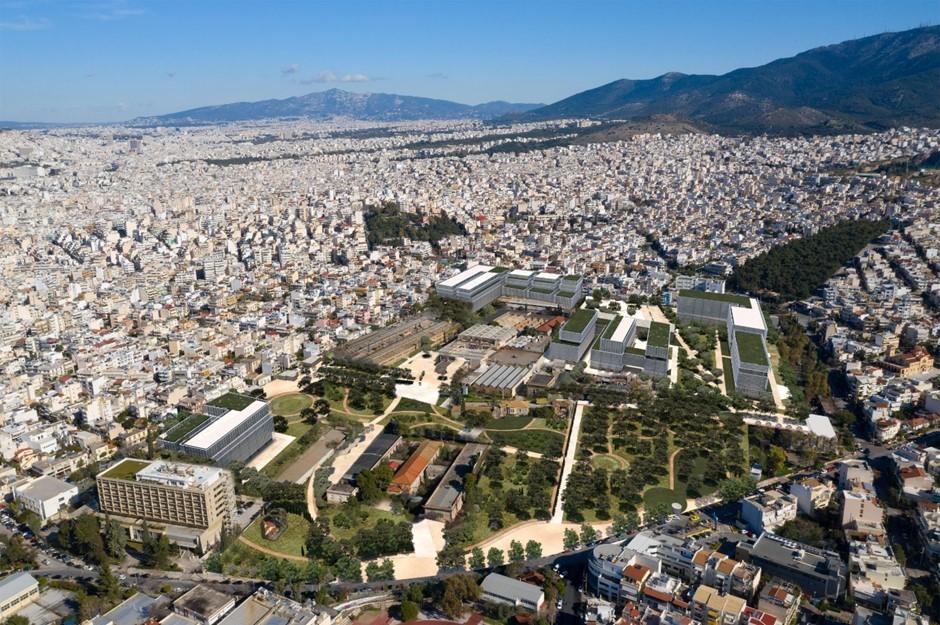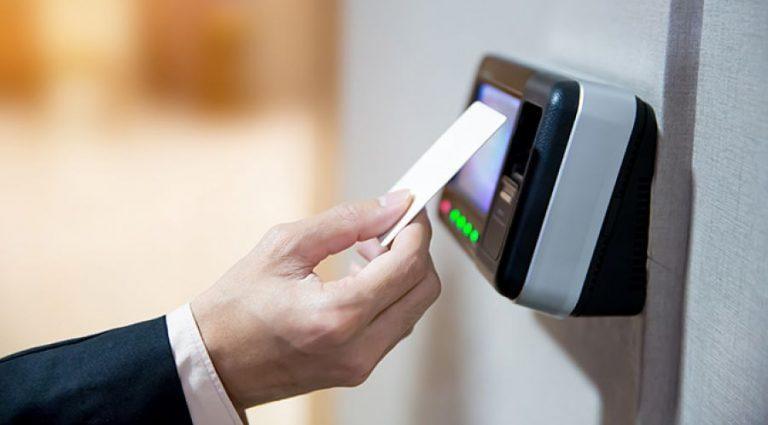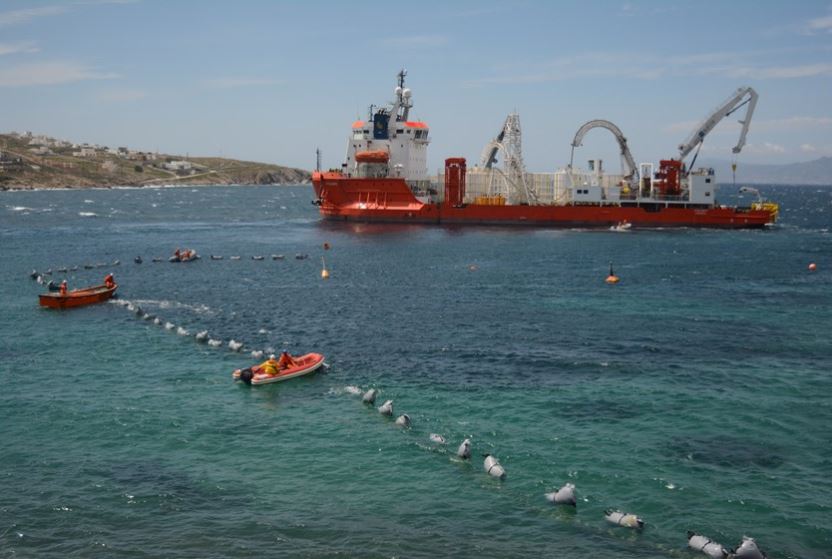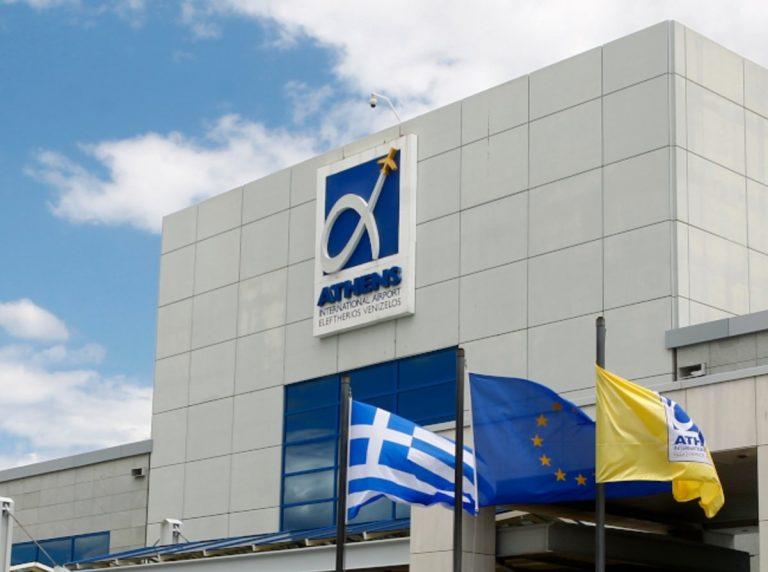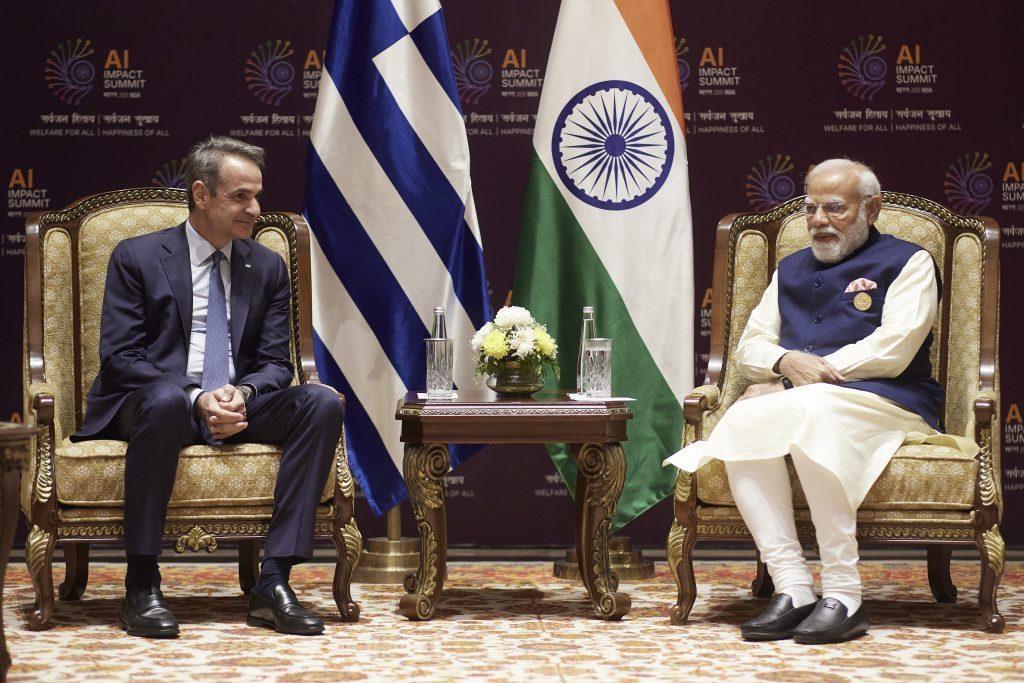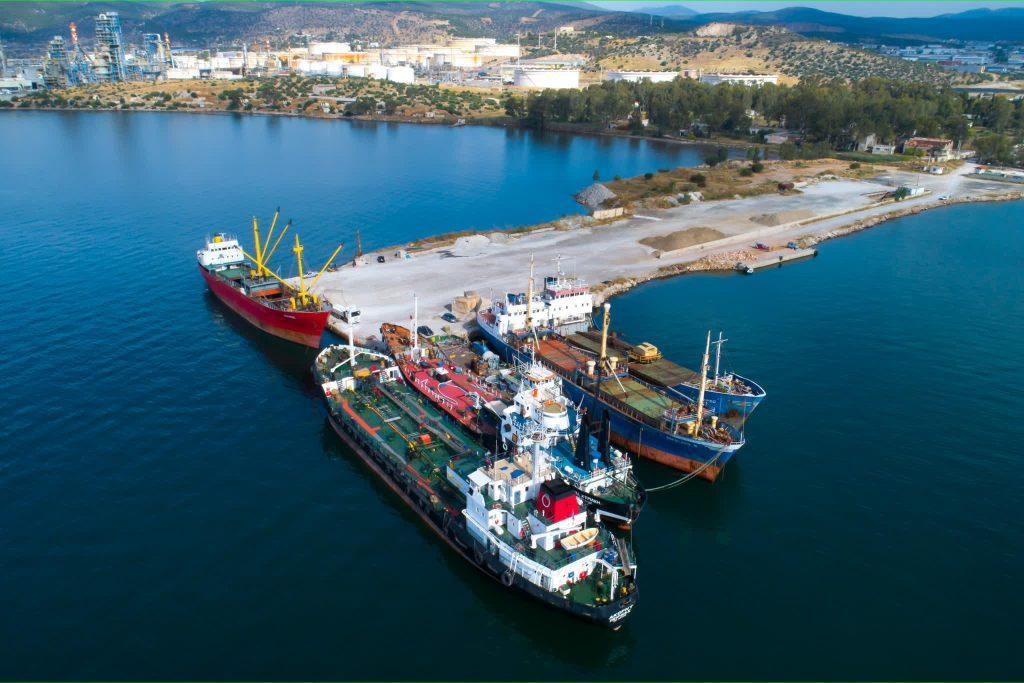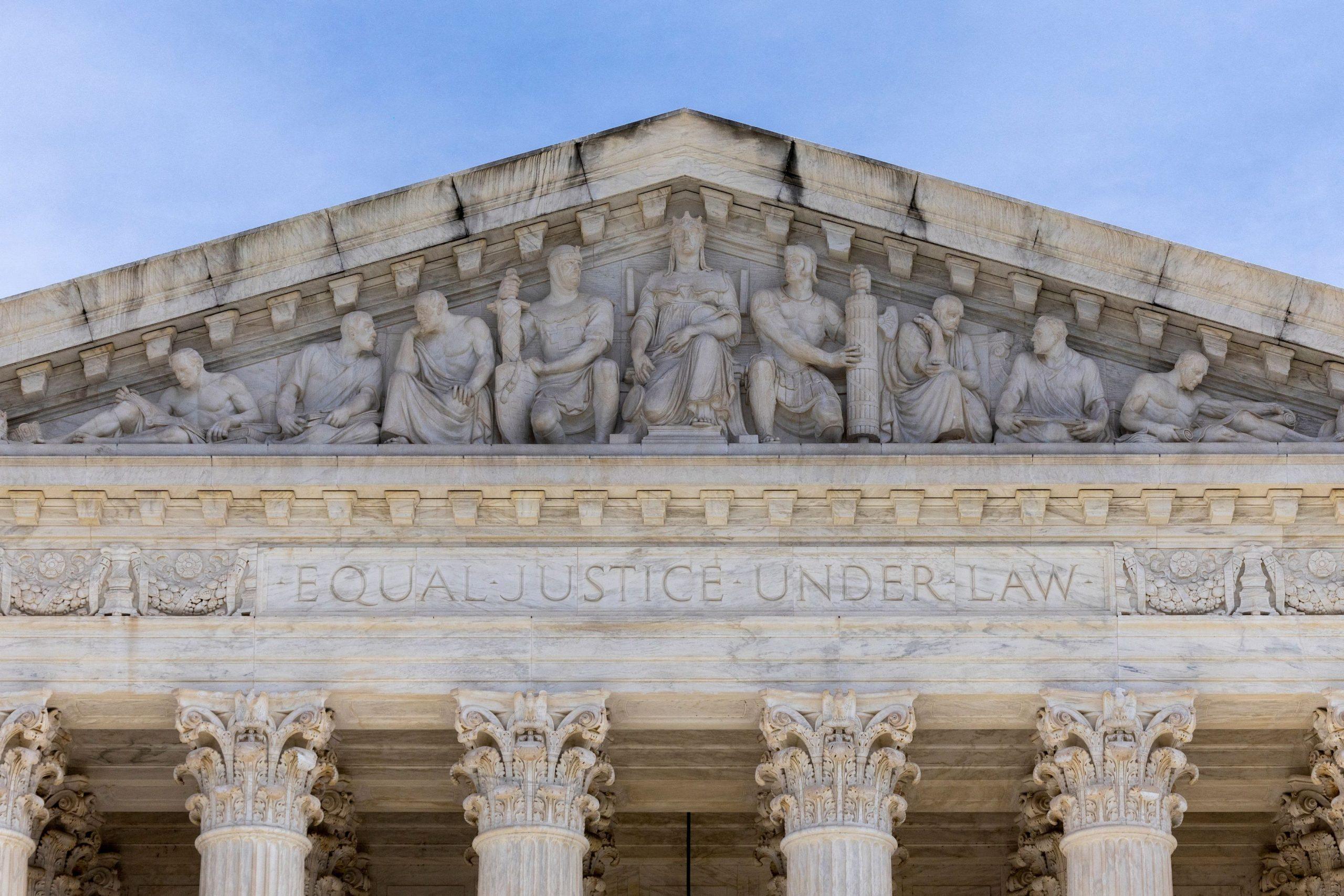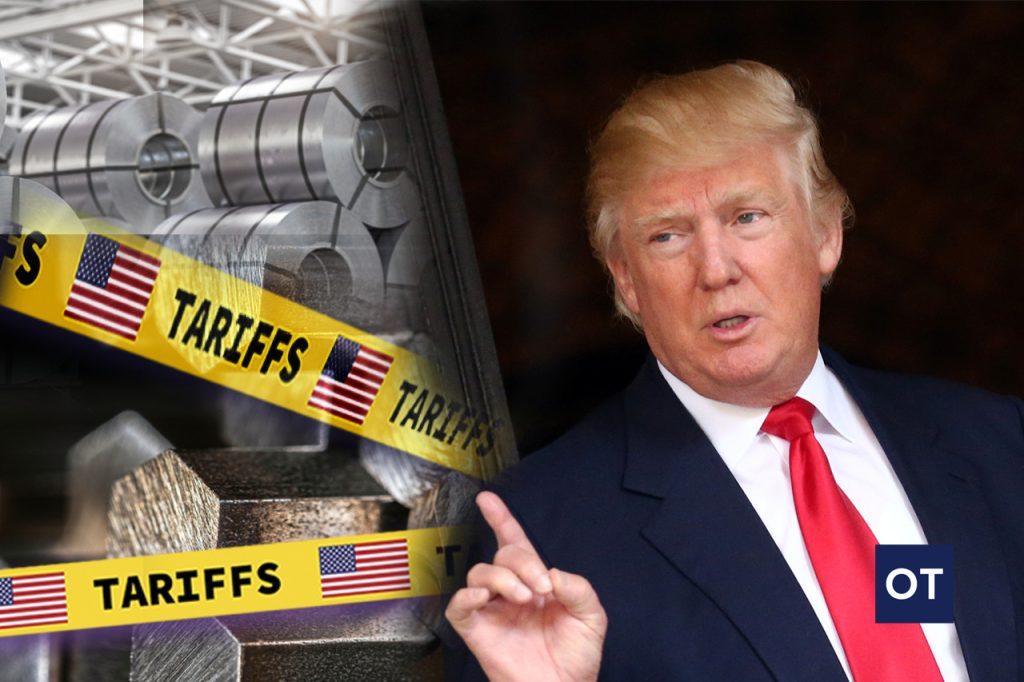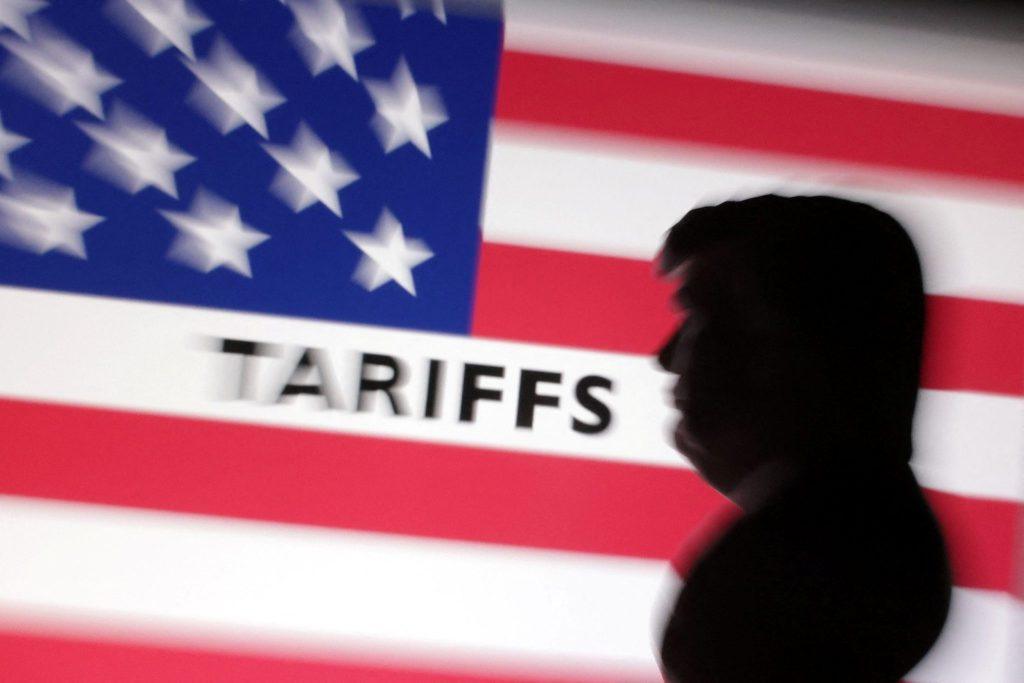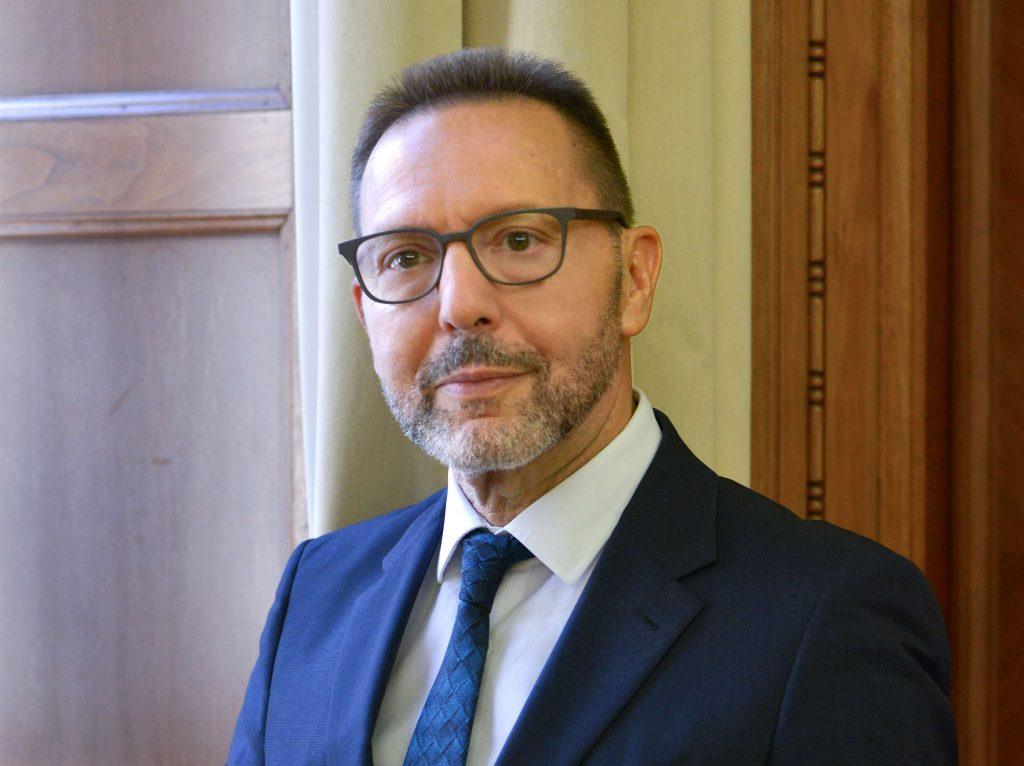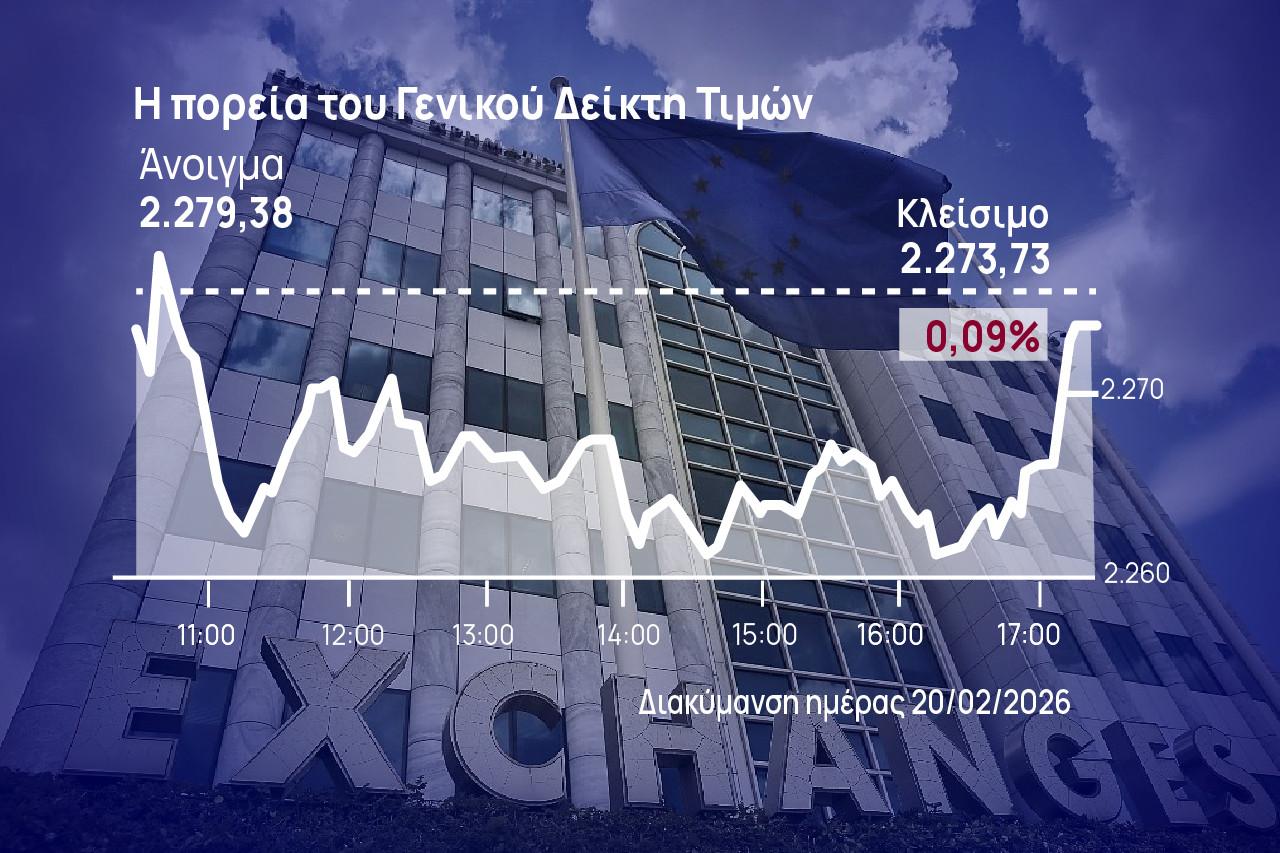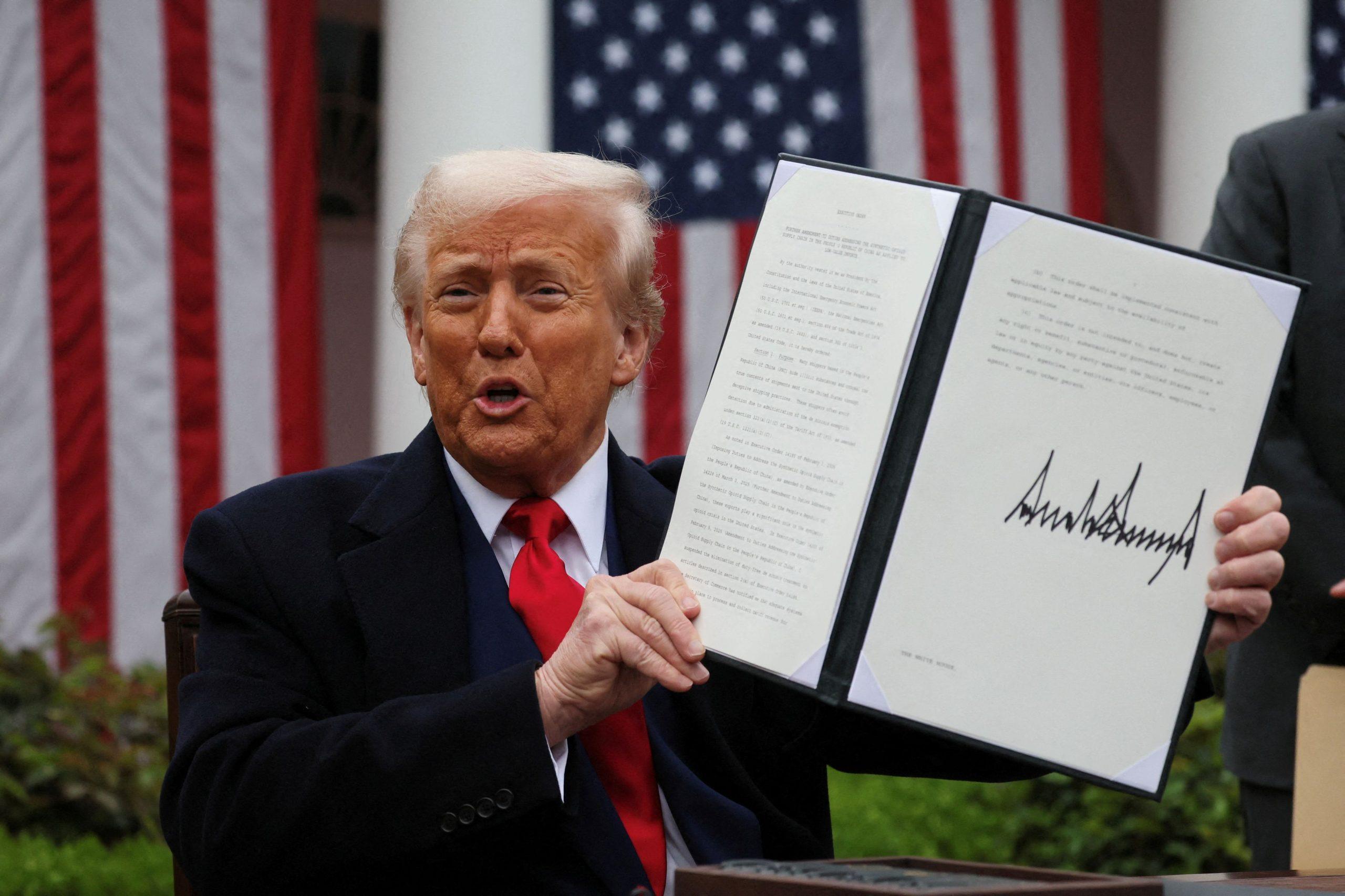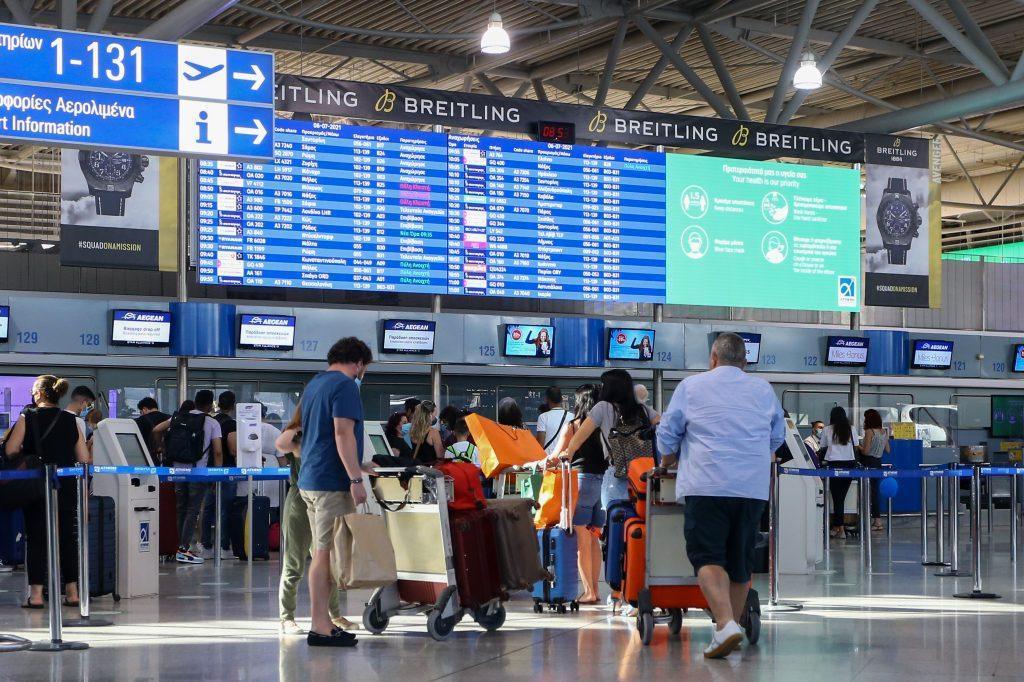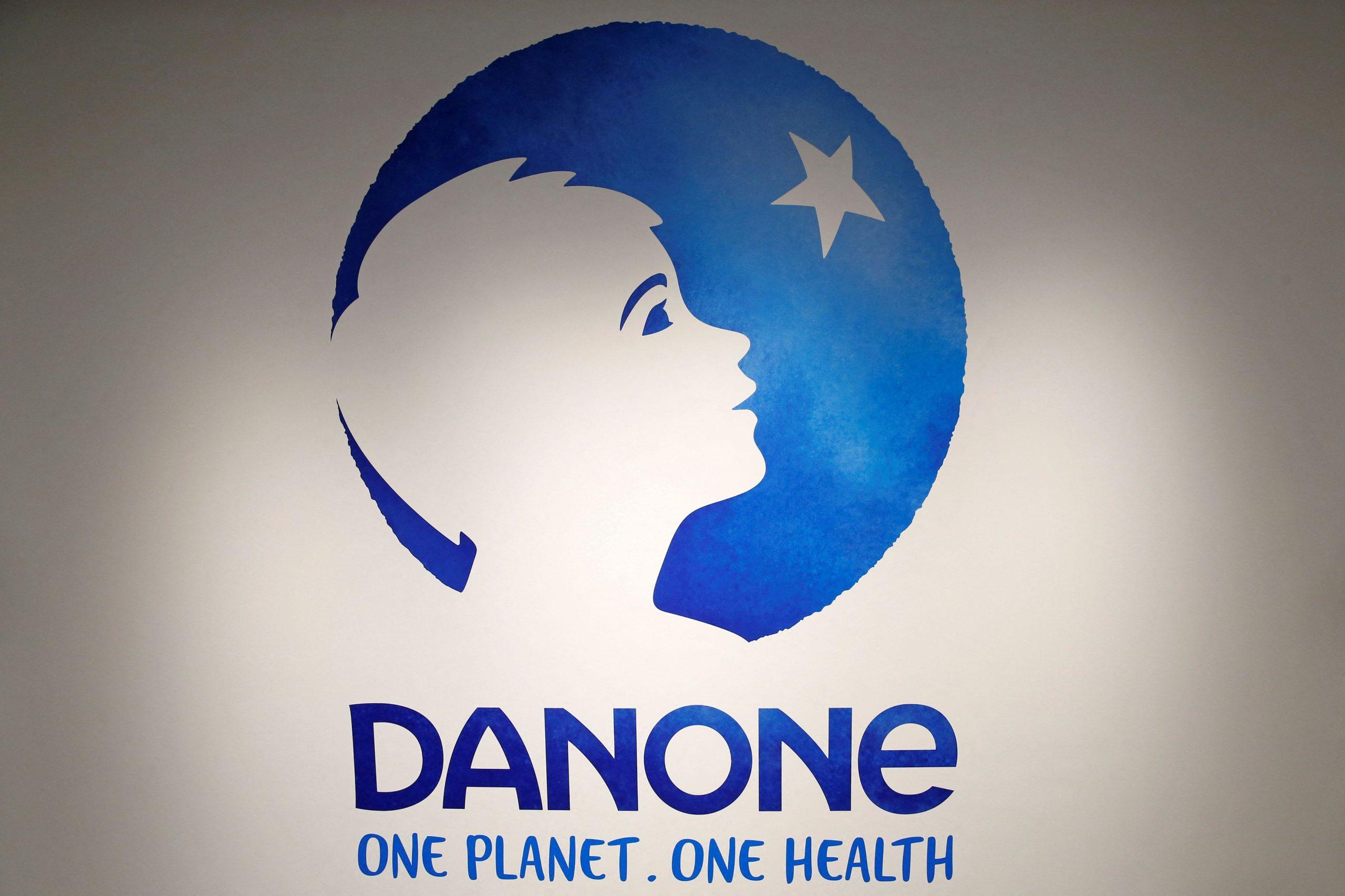The Official Government Gazette was published with all the measures for the protection of public health from Covid-19, which will be in force from Monday, September 13.
In particular, the following is provided:
For public services:
All employees, who haven’t been inoculated or haven’t been ill, must carry out a diagnostic test once a week. This measure will apply for all employees who work inside or outside the premises of their service. They will have to carry out a diagnostic test by the method of molecular control (PCR) or a rapid test in private diagnostic laboratories or in private clinics or in pharmacies or in a private doctor, at their own expense.
For private companies:
All employees, who haven’t been inoculated or haven’t been ill, must carry out a diagnostic test once a week. This measure will apply for all employees who work inside or outside the premises of their service. They will have to carry out a diagnostic test by the method of molecular control (PCR) or a rapid test in private diagnostic laboratories or in private clinics or in pharmacies or in a private doctor, at their own expense.
Especially for employees in restaurants, cafés, tourism companies, television, film, theater, music and dance productions, as well as for teachers and academics, they will have to carry out a diagnostic test twice a week.
For hospitals, clinics, doctor’s offices, diagnostic centers and rehabilitation centers:
For the personnel who have been suspended from the performance of their duties or whose work is not accepted under article 206 of law 4828/2021 and during that period of time they became ill with Covid-19, the following is provided:
- The laboratory molecular test (PCR) of the symptomatic worker will be carried out in a public structure.
- In case the first check is done in a private structure, it has to be confirmed, within 24 hours, in a public health structure.
- It is not allowed to present a sample taken in advance, while the sampling will have to be carried out within the public structure, in the presence of more than one person with sampling responsibility.
What applies to schools
For schools and all types of educational structures, what has already been announced applies. That is, unvaccinated students will have to carry out two self tests per week. These self tests will be provided to them complimentary.
In particular, children at all levels should have on hand, to enter their school premises, either a vaccination certificate, or proof of illness or a school card, in which they will have to state the result of the self test.
Already, school principals, either through announcements on their websites or by mail, they have informed their students and their parents on how the schools will operate this year and how students should attend classes.
According to the relevant circular, therefore, the children must have with them a vaccination certificate or a certificate of illness of the last six months, otherwise they must have printed or handwritten αnd signed (by the parent) the school card, that certify the negative result of the self test.
On Sunday, students have to carry out their first self test
Each student will be provided with six free self-tests, which will cover the control needs of the first three weeks, while they will have to carry out a self test twice a week, on Tuesday and on Friday, up to 24 hours before school begins.
In particular, in the first week of the school year, i.e. on Monday, September 13, the self test must be performed up to 24 hours before the arrival at school, either on Sunday or on Monday before the arrival of students at school.
Self-test is mandatory for students.
Students who do not have a vaccination certificate (for students 12 years and older) or a certificate of illness ( during the last semester) must bring a self-test certificate. Vaccinated students are not entitled to a free self-test and they do not have to carry out a self test, unless there is a special reason.
The free self-test is available from pharmacies only during working days and hours.


